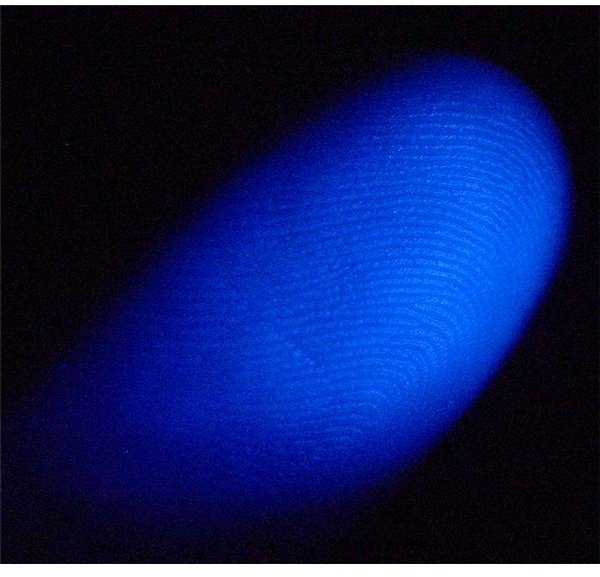A Look at Privacy Issues with Biometric Technology - Concerns with Identity Theft, Fraud and other Misuse of Biometric Methods
Privacy Issues
Security and privacy is important to everyone. The use of biometric technology has improved confidence in this area. However, as with any technology it can be a subject of abuse. Should we feel safe with such personal information being obtained by businesses and the government?
Government Use of Biometric Information
The use of biometry technology by the US government is increasing. Biometric technology methods such as facial recognition can be useful for finding criminals in large public areas. However, there is concern that it can be abused and infringe our first amendment rights, such as protesters at a political rally. People could be identified from these situations and put into a government database. Another problem is that facial recognition biometric readings are prone to a high rate of error. It is possible that individuals could be accused of being involved with crimes that they did not commit.
After 9/11, security has become a big issue. The Transportation Security Administration (TSA) is trying to implement “whole body scanners” for use on international travelers in airports. By many this is considered to be a civil liberties violation, since the TSA has confirmed that naked digital pictures of an individual could be stored or transmitted to other locations.
Other privacy issues with biometric technology concern abuse of this information during times of social unrest. There is concern that public and private databases that contain information like fingerprints could be accessed and misused. Biometric social security cards are also being considered as a measure to prevent illegal immigrants from getting jobs. Loss of job opportunities and discrimination could be possible with inaccurate biometric readings.
Fraud or Identity Theft with the Use of Biometric Technology
Biometric methods are not foolproof. Due to this vulnerability, there is always the threat of someone impersonating an individual and stealing their identity by obtaining this data. Problems could later result for the individual being impersonated. Since the biometric data is supposed to be accurate due to its unique qualities an individual’s innocence may be difficult to prove. Unlike passwords, biometric readings cannot be replaced with another one from the same person. Other potentially dangerous situations could also occur – like a person cutting off the finger of another individual to gain access to a security system, vehicle etc.
Other Concerns with Biometric Methods
Security systems that scan and compare biometric data can give false positive and false negative readings. There can be a system breakdown if the scanning sensor fails to produce an accurate reading. This could result in a valid individual being denied access through the system or giving access to someone who should not be allowed entry.
Other privacy issues with biometric technology concern the data being used to crosslink other information about an individual, such as their marital status, religion or employment situation.
Final Thoughts
Even though using biometry technology is considered to be an effective measure for security and protection against crime, there is concern that it violates the privacy and personal rights of individuals. These issues include the possibility of fraud, identity theft, civil liberty violations and inaccuracy of data that could result in being accused of a crime or become a victim of discrimination. It raises questions about how the biometric data is stored. Could the information be shared internationally? We should also be concerned about the long term effects of biometric data being tracked on such a close basis.
References
- Image from Stk.xchng website.
